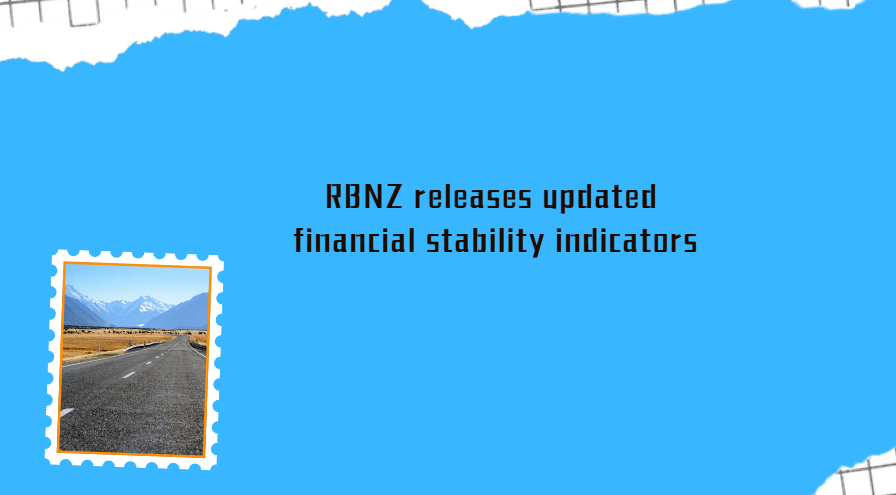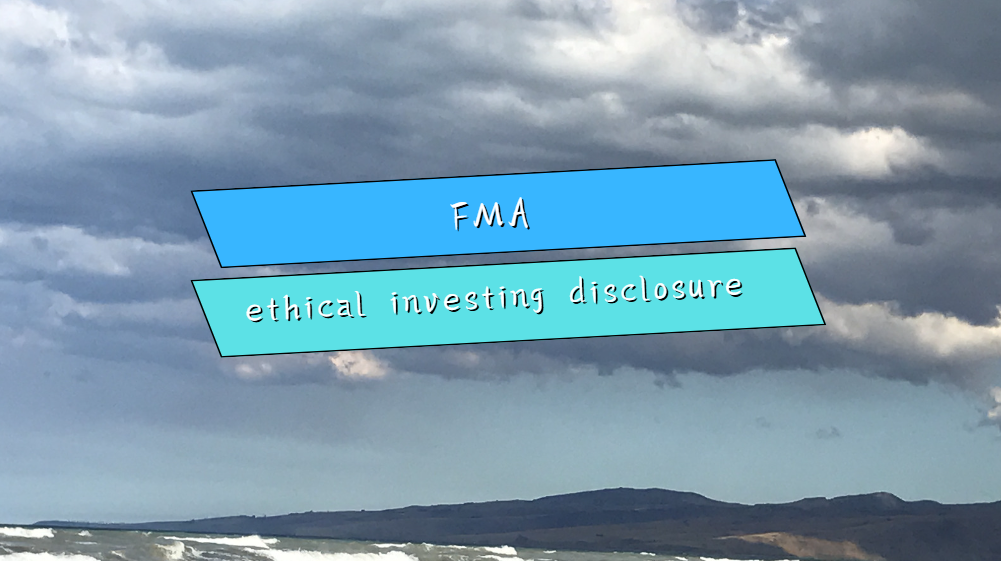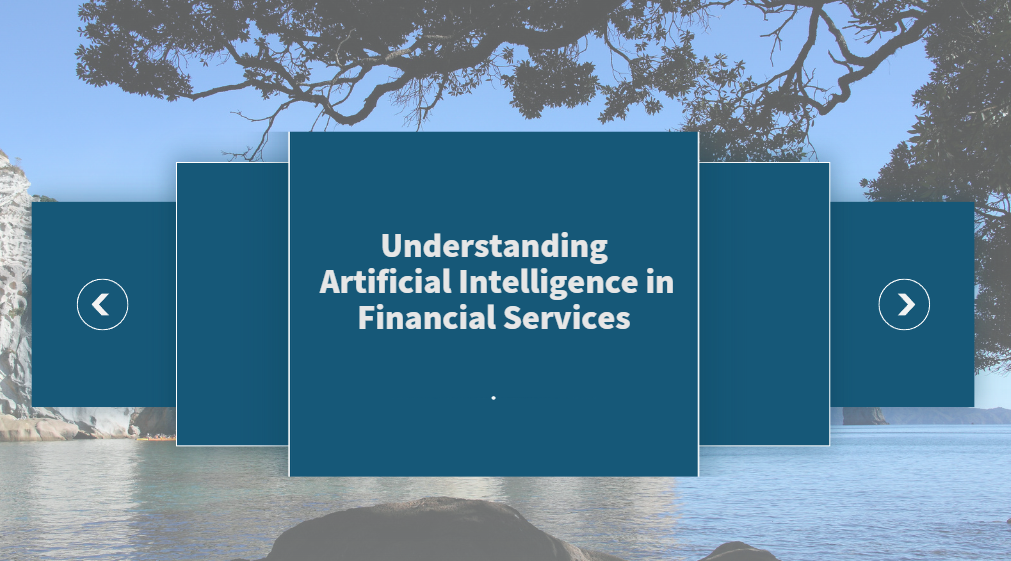Speech by Liam Mason at Responsible Investment Association of Australasia (RIAA) Conference Aotearoa NZ 2024
Many thanks for having me along to speak to you today, and a big thank you to Estelle Parker, Dean Hegarty, and the other RIAA staff for hosting this event.
This is a topic of great interest to us at the FMA. Financial regulation has changed a lot over the last 20 years. But one thing that has stayed the same is the basic premise, which underlies so much of our regulation, that investors are entitled to clear and useful information about the things that are important to their decision-making. More and more, the ethical, responsible, or sustainable status of a product is one of those important things.
And there’s the rub – the more important something becomes to investors; the more incentive there is to offer a product that meets that demand; the more easily that thing can be used to attract investors: the more crucial it is that how we describe that thing is, at the very least, not misleading. And going beyond that, the more important it is that we find ways to describe that thing in a way that is clear, understandable, and likely to help your investors to make decisions that align with their preferences and wants.
Impact of Greenwashing in Markets
I want to talk for just a moment about why this matters. Last year’s Responsible Investment Benchmark Report, which I’m sure is familiar to many of you, showed that responsible investment funds reached a record $183 billion in 2022, pulling ahead of traditional funds for the first time.
According to the 2024 “Voices of Aotearoa report”, produced jointly by the RIAA and Mindful Money, more than three quarters of New Zealanders (77%) surveyed agree or agree strongly with the statement “I expect my KiwiSaver or investment fund will be managed ethically and responsibly”, an increase of 3% from last year. More than half of the respondents say they would consider moving their fund if it was investing in companies that engage in activities that do not reflect their values (57%).
So this is very clearly now something that is of importance to investors. And the simple truth is that investors need to rely on providers to give them the information to what is important. They don’t really have a choice in that. But they do have a choice about participation in our markets – and to support continued participation we all need to earn and maintain investors’ trust. Greenwashing erodes confidence in the market and undermines trust in providers and in sustainable investment products. Transparency and preventing misleading practices, like greenwashing, are central to maintaining the integrity of New Zealand's financial markets.
Our supervisory work tells that us New Zealand firms are responding to the growing demand. A very informal estimate says that northwards of 90% of KiwiSaver and 75% of other funds now say they include some responsible, sustainable, or ethical elements in their investment decision-making.
But there's a problem. People are finding it very difficult to navigate the world of ethical claims by financial services firms. Research commissioned by the FMA in 2022 asked New Zealanders about their experience with ethical investments. People found the category filled with difficult language that they felt isn’t designed for non-professionals. We heard that many people find exploring ethical funds ‘impenetrable,’ ‘daunting,’ ‘overwhelming’ and feel that they lack support – and are largely unsure of where to find resources to help them. Some people tackle this head-on – knuckle down and get into it, while others look for simple signpost language to help them, and others simply give up. This is echoed in the “Voices from Aotearoa” report, which found that more than half of respondents were concerned about greenwashing. The upshot from these findings is a clear demand for greater clarity and transparency around disclosures.
What we’re seeing in the NZ Market
Last week, we published a short report setting out what we’d seen in the market and the work we’ve done in this space since our thematic report two years ago. As we’ve done in other recent publications such as our financial advice monitoring report, we talked about both the good and the bad. That's deliberate, because we know from speaking to industry that firms and senior leaders want to know where to improve, but also want to learn from good practice. So, what did we find?
We saw some helpful practices:
·firms that clearly told investors that the brief description in their product disclosure statement wasn’t the full story, and guided investors to where they could explore more detail about the manager's ethical policies.
·Managers that gave a full list of excluded companies, relieving investors from the guesswork of interpreting an exclusion policy;
·Managers that were transparent about how, when, and why they exercised their shareholder vote in support of their ethical strategy.
We also found some confusing, unclear, and inconsistent efforts, and engaged with the fund managers on these issues. While we haven't seen situations where managers are deliberately misusing ethical labelling, our view is that there remains a need for greater clarity and certainty regarding disclosures.
Because this is important to investors, issuers must clearly set out their ethical commitments, must follow through on them, and report transparently on their progress, even when challenges arise. This level of transparency is key to building and maintaining trust.
Everyone in this room knows that complying with ethical investment standards can present challenges. Investing ethically is complex, there are no universal standards, and there is for many companies currently a paucity of consistent data on which to base decisions.
In our dealings with firms, I know many are making significant efforts to promote transparency and embed ethical investment principles in their products. This commitment is encouraging. However, as investor demand and ethical funds supply both grow, so does the need for us to find better ways to ensure that our efforts align with the expectations of investors and broader society.
FMA's Role in Responding to and Preventing Greenwashing
Good practice for disclosure of ethical funds is still a relatively undeveloped area and I accept there are significant differences in approach, practice and terminology used by both regulators and market participants in different jurisdictions. The fact that we need to run the roll-call of ethical, sustainable, responsible, and so on to signal what we're talking about is testament enough to that.
The FMA's preference is to work with market participants to provide clear and consistent information that helps New Zealand's investors to make their decisions. Where we see firms trying to achieve this, our first choice is to support them to manage any issues that arise through engagement and feedback, without the need to escalate further. Where we see cynical misuse of ethical labels and descriptions, or no real effort to provide good information for investors, we will take a quite different approach, and we must and will use our enforcement and other regulatory tools where we see serious misconduct.
We are also closely following global trends. As greenwashing and ethical investing become increasingly prominent issues globally, New Zealand cannot afford to lag. Our regulatory approach should be consistent with international standards, while reflecting our unique market conditions.
As the definition and standardisation of terms like ‘sustainable'and ‘ethical'investments evolve both nationally and internationally, we will assess their impact on New Zealand's market. We will also be take account of relevant developments from the Sustainable Finance Taxonomy currently being worked on by the Ministry for the Environment.
So, what are we doing next? We will be updating our 2020 ethical guidance, following engagement with the market. This will be a longer-term project, where we will seek views and insights from across the financial sector before drafting any proposed guidance. Ethical claims need to be clear, concise and effective in fund manager's disclosure documents. We will continue to review ethical investing practices, both proactively and in response to any complaints received.
We remain of the view that there are risks in taking a too prescriptive approach, which could put New Zealand out of step with other comparable jurisdictions or industry practice. We need to balance this against the clear demand from investors for greater clarity and better information. Ideally this is a demand that the market itself chooses to meet.
I'll say it again - all the research we see tells us that ethical investing is important to investors – it's a factor that influences their investment decisions. This means it's important that fund managers are clearly and truthfully describing their ethical investment policies. As ethical investing continues to develop, maintaining high standards of disclosure will be essential to preserving trust.
The FMA remains committed to supporting the industry in this journey. We encourage you to engage with us, adopt best practices, and stay informed about emerging regulatory trends. Upholding transparency, standards, and preventing greenwashing are critical to maintaining the trust and integrity of New Zealand's financial markets.
*This text was updated at 16:00 on 20/09/2024 to more accurately reflect the speech as delivered























































First, please LoginComment After ~